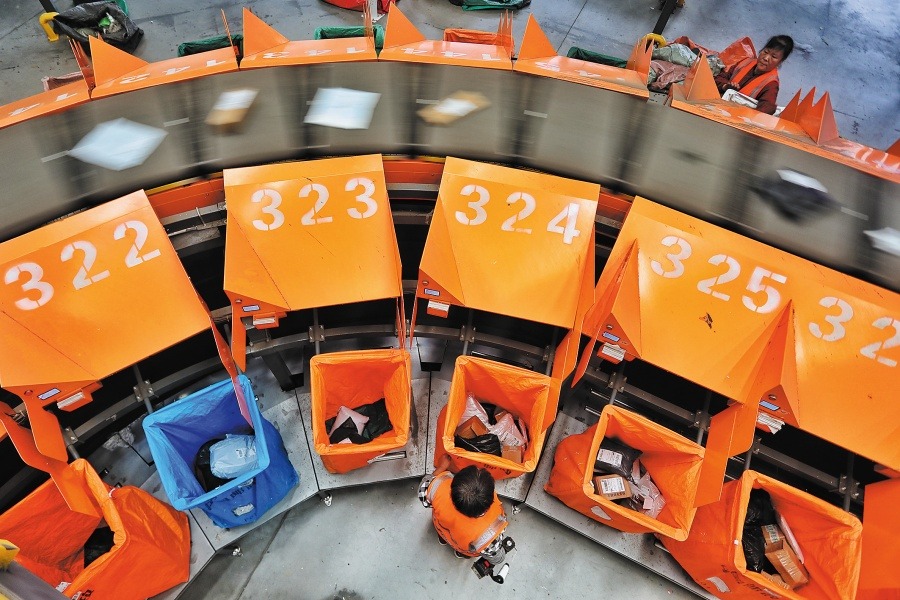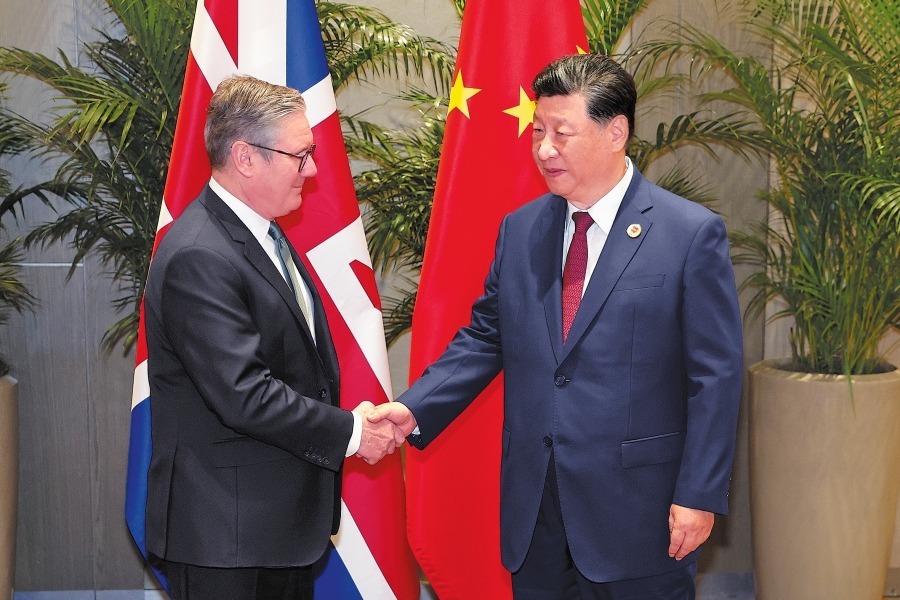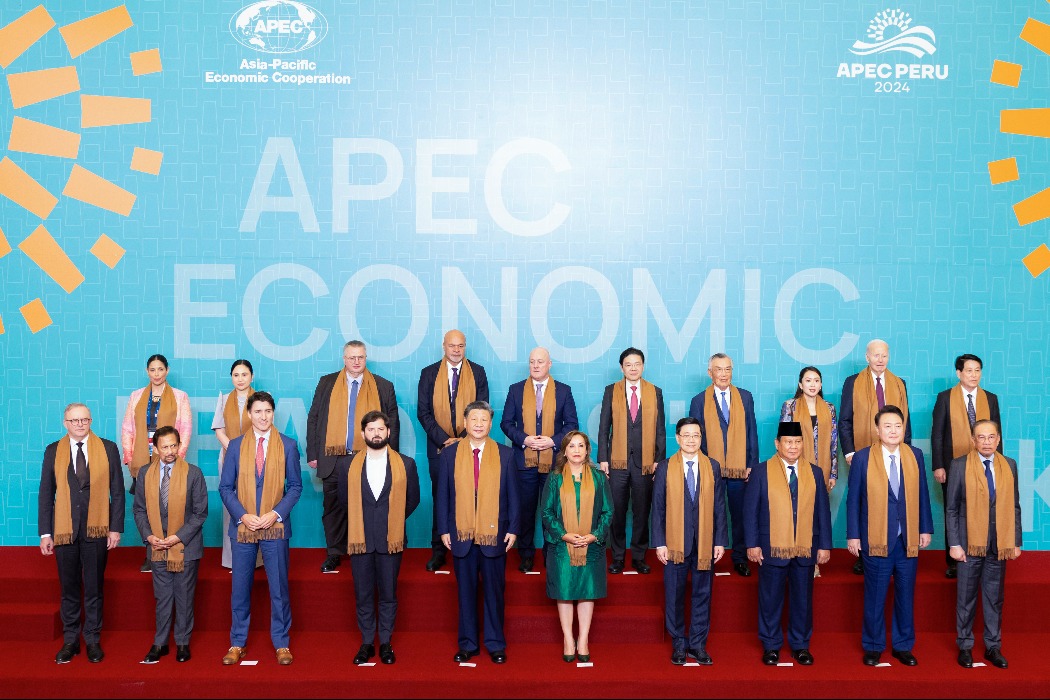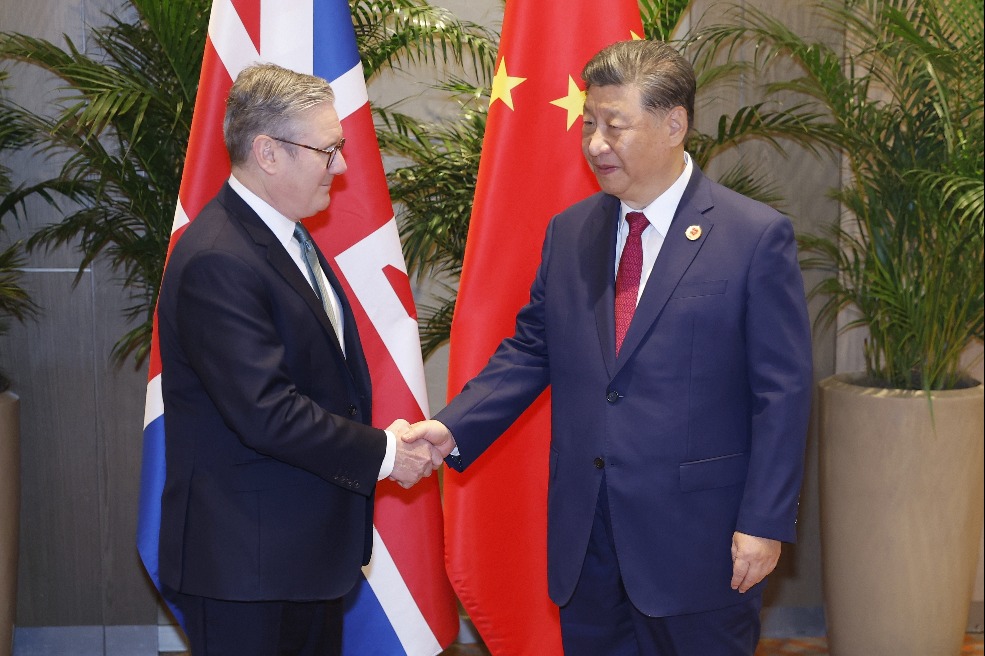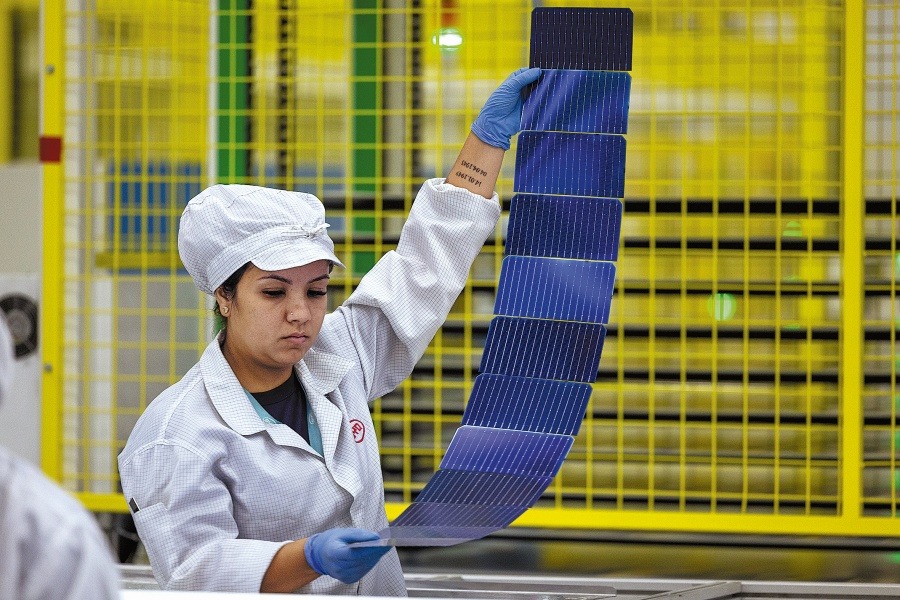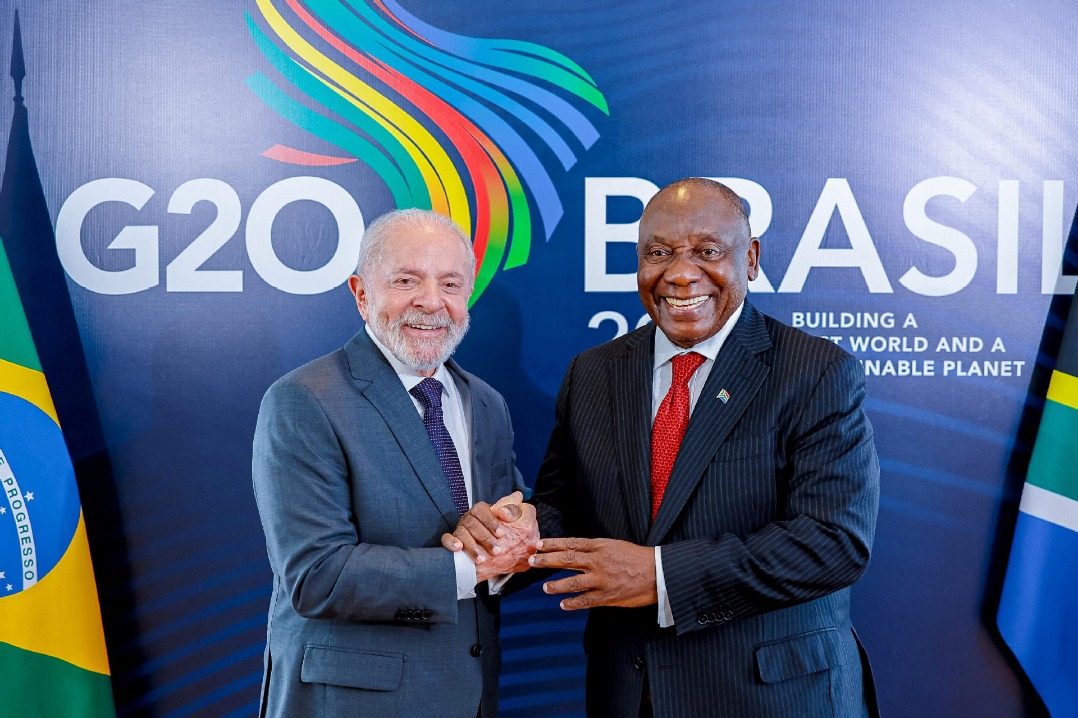Nothing unilateral about the moon and stars


China selected the South Pole-Aitken basin on the far side of the moon as the landing point for its Chang'e 6 probe. Formed about billions of years ago, it is possibly one of the oldest basins in the solar system, and might offer insights into the history of the moon, the Earth, the sun and all the planets.
In other words, by sending Chang'e 6 to collect soil samples from the basin, China is widening mankind's knowledge horizon vis-a-vis the moon and the solar system. This achievement and that of setting up the Queqiao series, or mankind's first series of relay satellites to communicate with the lunar probe on the moon's far side, would not have been possible without the effort of generations of domestic space scientists.
Instead of treating the mission as a race the way the United States and the erstwhile Soviet Union did during the Cold War, China has kept an open mind about its space endeavors, sticking to the principle of enhancing international cooperation in space on the basis of equality and mutual benefit, peaceful utilization, and inclusive development.
China has kept its door open for international space cooperation. The far-side mission also included international payloads such as the European Space Agency's lunar surface negative ion analyzer, France's radon detector, Italy's laser retro reflector and Pakistan's CubeSat.
Such an open attitude deserves to be echoed with goodwill by other nations, especially the United States. It was not until December 2023 that NASA granted permission to its funded researchers to apply for access to Chang'e 5 lunar samples, despite prohibiting most other bilateral activities. The US needs to remain open about cooperating with China and other countries in space. After all, the moon does not belong to any single country.

















